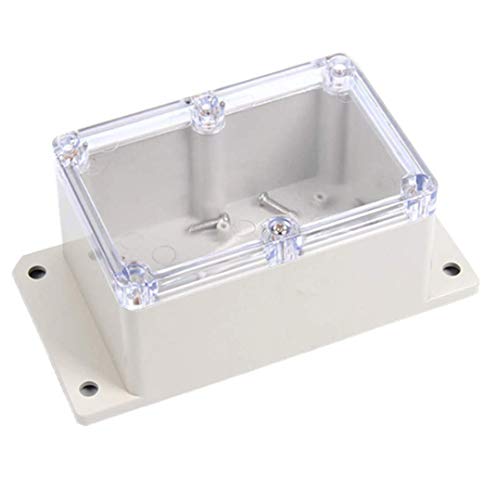I've just moved into a new house and I am wanting to replace a fuse in the wall for a garden light that isn't working. So first thing I did was look for the fuse box to turn the power off to that outlet so I could remove the fuse, but now I've found the fuse box I am not a little lost.
I'm not an expert with electricity but I've never had a problem switching off a section of the house to replace a light fitting, etc. But I've never seen a box like this one.
It look like this...
<a data-flickr-embed="true" href="https://www.flickr.com/photos/126748247@N08/48897130466/in/dateposted-public/" title="WhatsApp Image 2019-10-14 at 13.25.08"><img src="https://live.staticflickr.com/65535/48897130466_41a55026de_z.jpg" width="311" height="640" alt="WhatsApp Image 2019-10-14 at 13.25.08"></a><script async src="//embedr.flickr.com/assets/client-code.js" charset="utf-8"></script>
Questions.
1. Does it just work the same? Turn the switch to off, find the correct fuse and turn that off too?
2. Will the fuses be labeled?
3. Should I be concerned only one of them is turned on? Could that be why my garden light isn't working? (Everything is works fine)
Any help appreciated.
Thanks
 WhatsApp Image 2019-10-14 at 13.25.08
WhatsApp Image 2019-10-14 at 13.25.08
I'm not an expert with electricity but I've never had a problem switching off a section of the house to replace a light fitting, etc. But I've never seen a box like this one.
It look like this...
<a data-flickr-embed="true" href="https://www.flickr.com/photos/126748247@N08/48897130466/in/dateposted-public/" title="WhatsApp Image 2019-10-14 at 13.25.08"><img src="https://live.staticflickr.com/65535/48897130466_41a55026de_z.jpg" width="311" height="640" alt="WhatsApp Image 2019-10-14 at 13.25.08"></a><script async src="//embedr.flickr.com/assets/client-code.js" charset="utf-8"></script>
Questions.
1. Does it just work the same? Turn the switch to off, find the correct fuse and turn that off too?
2. Will the fuses be labeled?
3. Should I be concerned only one of them is turned on? Could that be why my garden light isn't working? (Everything is works fine)
Any help appreciated.
Thanks
 WhatsApp Image 2019-10-14 at 13.25.08
WhatsApp Image 2019-10-14 at 13.25.08































































